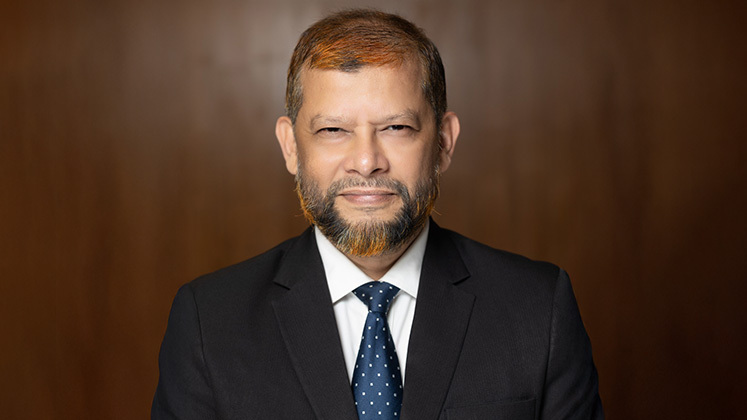A view exchange meeting titled Work Permit and Security Clearance Process for Expatriates and Investors in Bangladesh was held by the Bangladesh Investment Development Authority (BIDA) and UNDP.
Representatives from the Public-Private Partnership (PPP) Authority, BIDA, the Special Branch (SB), the National Security Intelligence (NSI) and other important government agencies met to discuss ways to streamline and standardise the work permit and security clearance processes for foreigners living in Bangladesh.
This project is a component of the Transformative Economic Policy Programme (TEPP), which is being carried out by the United Nations Development Programme (UNDP) with assistance from the Foreign, Commonwealth and Development Office (FCDO) of the UK Government. Its goal is to enhance the effectiveness, coordination and transparency of investment facilitation procedures.
Due to Bangladesh’s quick economic expansion, there is a greater need for qualified foreign workers and investors. However, potential investors have frequently been deterred by the lengthy and difficult processes involved in acquiring security clearances and work licenses.
The workshop’s main objectives were to improve cooperation, align institutional procedures and encourage courteous and professional interactions with international applicants.
“A streamlined, technology-driven work permit system will strengthen investor confidence and position Bangladesh as a more attractive destination for global businesses,” said Md. Shaharul Huda, Executive Member, BIDA.
According to Md. Ariful Hoque, Director General of BIDA, “Work permit reforms are not just administrative; they are strategic steps toward creating a secure, business-friendly and globally competitive Bangladesh.”
“Our goal is to protect national interests while ensuring investors experience a clear and predictable clearance process,” stated Jesmin Akhter Khan, Joint Director, NSI, adding, “Security vetting must be conducted with both rigour and efficiency.”
“Ensuring complete, verifiable documentation and channeling salary payments through formal banking systems are essential for compliance and for strengthening confidence in Bangladesh’s work permit framework,” she added.
Through TEPP, UNDP is assisting in the digitisation and simplification of procedures between the Ministry of Home Affairs and BIDA’s One Stop Service (OSS). Reducing manual stages, increasing transparency and streamlining the process for foreign specialists and investors are the goals of these initiatives.
In order to assist Bangladesh’s ongoing economic progress, the consultation is a significant step towards establishing a more effective and investor-friendly environment.







